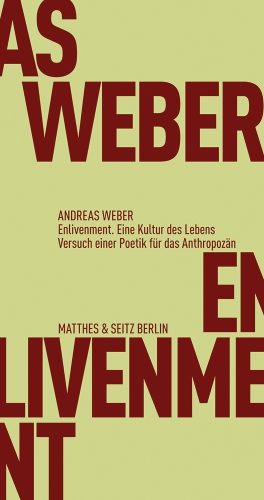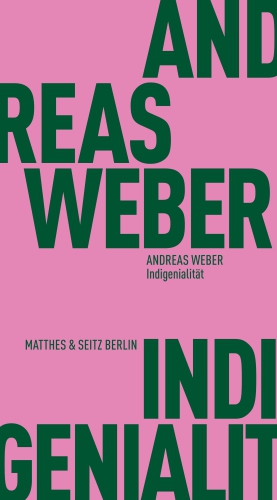We have been told that we are living in the Anthropocene, a geological era shaped by humans rather than by nature. Andreas Weber presents an alternative understanding of our relationship with nature, arguing not that humans control nature but that humans and nature exist in a commons of mutual transformation. There is no nature–human dualism, he contends, because the fundamental dimension of existence is shared: aliveness. All subjectivity is intersubjectivity. Self is self-through-other. Seeing all beings in a common household of matter, desire, and imagination, an economy of metabolic and economic transformation, is “enlivenment.” In a world not divided into things and ideas, culture and nature, reality arises from the creation of relationships and continuous fertile transformations; any thinking in terms of relationships comes about as a poetics. The self is always a function of the whole; the whole is equally a function of the individual. Only this integrated freedom allows humanity to reconcile with the natural world.
Essay
Sample translation
English original text available
Andreas Weber is a Berlin-based philosopher, biologist, and writer. He teaches philosophy at Leuphana University, Lüneberg, and the University of Fine Arts, Berlin.








